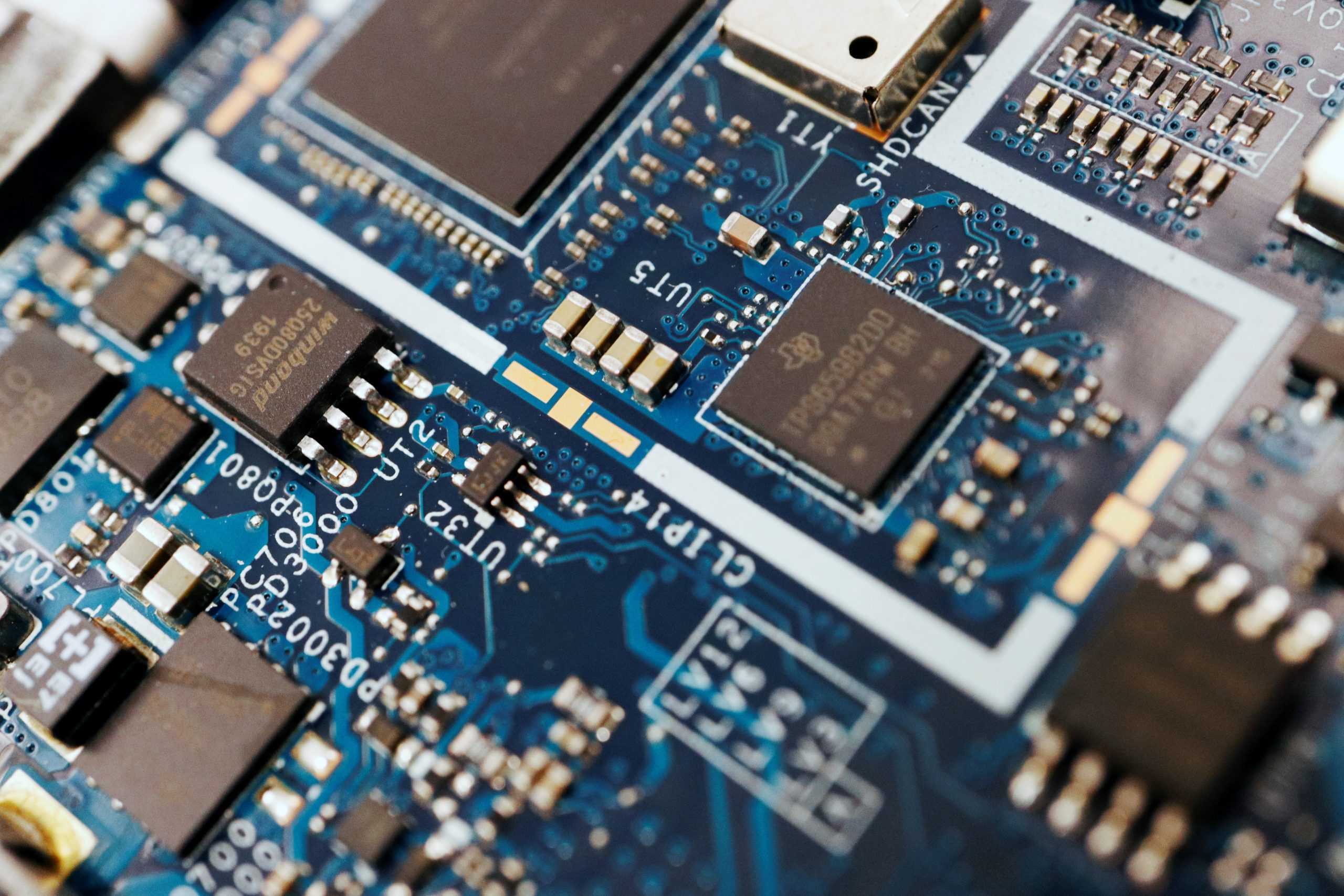
Abby Davis, FISM News
[elfsight_social_share_buttons id=”1″]
Up against an August 4th deadline, Democrats hacked climate, tax, and prescription drug policies off their agenda in hopes of passing the CHIPS Act (Creating Helpful Incentives to Produce Semiconductors) to President Biden’s desk before Congress takes its August recess.
In a procedural vote last night, the Senate voted 64-34 to propose the bill for consideration.
Lawmakers on both sides of the aisle have long supported the tax credits in CHIPS, which would grant $52 billion in incentives for the chipmaking industry, as well as $1.5 billion for constructing 5G networks. Companies receiving benefits from the bill would be prohibited from manufacturing certain types of chips in “unfriendly” countries, including China.
These policies were originally part of a bigger bill meant to increase competition with China called the United States Innovation and Competition Act, or USICA.
The House and the Senate each passed their own version of USICA. In June 2021, the upper house was able to garner bipartisan support around a $250 billion package that included the $52 billion for chip production as well as $200 billion designated for furthering US technological innovation in competition with China.
According to Senator Rob Portman (R-OH), the bill was supported by all 50 Democrats and 19 Republicans as well as the White House. But the House of Representatives did not act on the bill until February 2022 and added trade and research stipulations that inflated their COMPETES act to nearly 3,000 pages causing Republicans to balk.
Last month, Senate Minority Leader Mitch McConnell (R-KY) threatened to axe USICA if Democrats continued to push an unrelated reconciliation package.
Let me be perfectly clear: there will be no bipartisan USICA as long as Democrats are pursuing a partisan reconciliation bill.
— Leader McConnell (@LeaderMcConnell) June 30, 2022
The package included energy and climate measures along with caps on prescription drug prices. Democrats were attempting to pass it as budget reconciliation, which would require a simple majority to pass. Senate Majority Leader Chuck Schumer (D-NY) was negotiating with moderate Senator Joe Manchin (D-WV) to cinch the 50th vote he needed.
Ultimately, McConnell seemed to back down from this stance, while Manchin halted the budget proposal.
The House’s COMPETES bill and the Senate’s USICA both remained in the air. But with the upcoming recess, Republicans and Democrats alike called for the Senate to jettison the bulk of the bill and pass the $52 billion subsidies as soon as possible.
“If we don’t act now, a delay of months could turn into a delay for years,” said Senator Mark Warner (D-VA), warning that if companies commit billions of dollars to other countries now, it will be too late for the U.S. to do anything about it in six months.
“I think for a lot of my colleagues the light went off: we don’t have the luxury of waiting,” he continued.
Intel announced in January that it would invest an initial $20 billion to open a factory in Ohio. Senator Portman estimated Ohio’s annual GDP could increase by $2.8 billion as a result of this factory alone. But the company postponed the groundbreaking ceremony scheduled for July 22, citing uncertainty surrounding chip subsidies legislation.
Recognizing the need for swift action, the Senate advanced the new subsidies bill for consideration. Because the action garnered more than 60 votes, Schumer included research provisions in the proposed legislation.
The bill still has to pass both houses.
A final draft has not been released yet, frustrating some members of Congress. “The Senate chose to act alone, creating a bill behind closed doors with no regard for House input or priorities and airdropping in provisions that were not part of the original conference process,” said Representative Frank Lucas (R-OK) after the vote. “In their effort to win 60 votes they seem to have forgotten that the bill must pass both chambers to become law.”
While the subsidies have received support from both sides of the aisle, there continue to be bipartisan critiques of the bill. Roll Call reported Senator Bernie Sanders (I-VT) said “In total, it has been estimated that five major semiconductor companies will receive the lion’s share of this taxpayer handout: Intel, Texas Instruments, Micron Technology, GlobalFoundries, and Samsung. These five companies made $70 billion in profits last year.”
Senator Richard C. Shelby (R-AL) sides with Sanders, calling the $52 billion “a big subsidy for some of the biggest companies.”
“They could pay for it themselves,” he said, calling American companies some of the richest in the world. “We’re starting to subsidize everything and it’s not a good road to go down.”
Meanwhile, the Pentagon called microchips a matter of national security and lobbied senators to pass the bill. Cynthia Cook, director of the Defense-Industrial Initiatives Group at the Center for Strategic and International Studies (CSIS) said: “Right now, we have a reliance on foreign suppliers of semiconductors, which are critical to basically all of our defense products,” as reported by The Hill.
